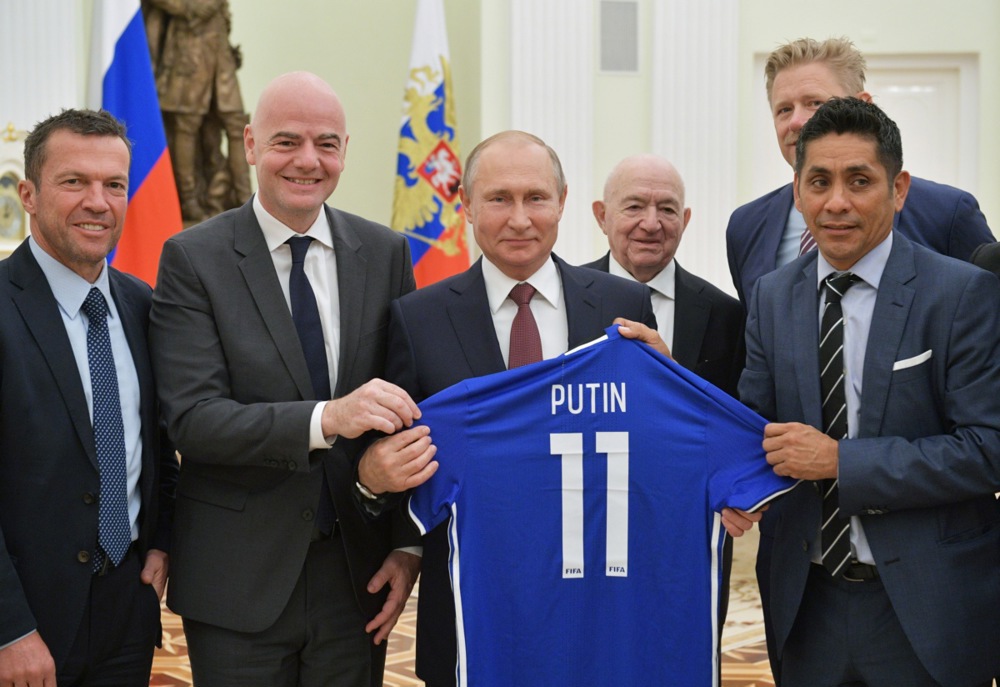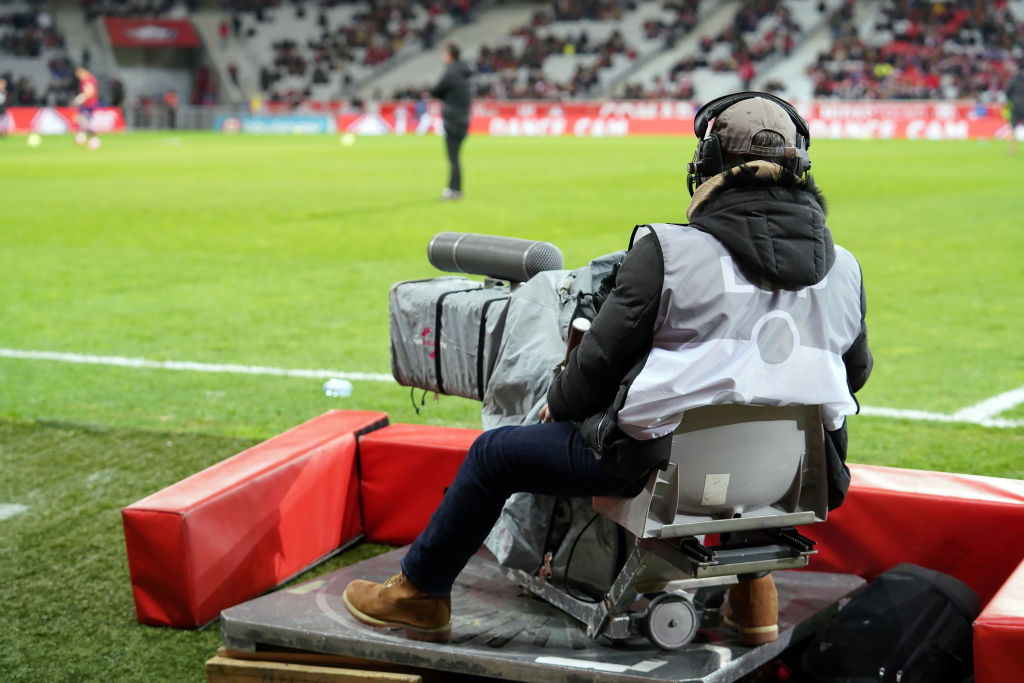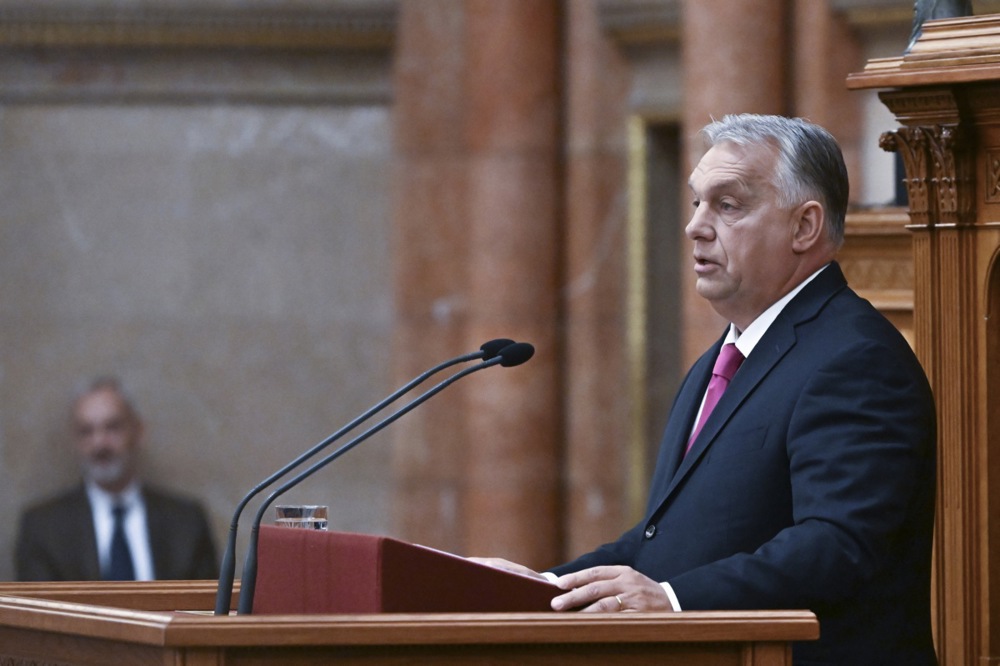Astronomically high football player transfer fees typically seen in Europe’s top leagues might soon become a thing of the past, with some FIFA rules on international transfers being ruled illegal by the Court of Justice of the European Union (CJEU).
The ruling comes after FIFA, the International Federation of Association Football, was challenged in a Belgian court by French former professional football player Lassana Diarra, with the court opting to refer the matter to the EU body.
According to the European court, current transfer rules upheld by FIFA impede the free movement of professional footballers and restrict or even prevent cross-border competition.
“Those rules impose considerable legal risks, unforeseeable and potentially very high financial risks as well as major sporting risks on those players and clubs wishing to employ them which, taken together, are such as to impede international transfers of those players”, the CJEU said.
“Although restrictions on the free movement of professional players may be justified by overriding reasons in the public interest consisting in ensuring the regularity of interclub football competitions… the rules in question nevertheless seem… in a number of respects, to go beyond what is necessary to pursue that objective.”
According to the CJEU, the current restrictive rules “do not appear to be indispensable or necessary”.
Diarra, who played for elite clubs like Chelsea, Arsenal, Real Madrid and PSG, unilaterally terminated his contract at Lokomotiv Moscow in 2014 after playing there for only one year, despite having a longer-term contract.
Lokomotiv Moscow had paid €20 million for the player, but they said he played badly and wanted to lower his salary. He missed out on a few trainings and the club sued, saying he breached his contract.
Both the Court of Arbitration for Sport and FIFA ruled against Diarra, who was sentenced to pay over €10 million, receiving a play suspension of 15 months.
Charleroi, a Belgian club, wanted to take in the player but abandoned the plans over the sanctions put in place by FIFA.
Eventually, Diarra was able to play professional football again at a top level, but was still reportedly angered by what happened to him. He proceeded to contact two top lawyers, famous for winning the Bosman ruling, a pivotal decision that abolished restrictions on foreign EU players in national leagues and allowed players within the EU to transfer to another club at the end of their contract without requiring a transfer fee.
That Bosman ruling, also originating from a Belgian case, opened up the football transfer market, setting the way for ever higher prices. This new Diarra ruling is expected to be far-reaching as well.
A significant portion of the exorbitant transfer fees stems from a particular logic. When clubs pay huge sums for players, those players are contractually bound to pay similarly large amounts if they wish to exit early. If players were able to leave with greater ease or lower financial penalties, the justification for these astronomical transfer fees would collapse.
It would significantly alter the business model of many clubs, which often try to sell their best players to top clubs or wealthy competitions, like the English Premier League.
With this new Diarra ruling, a Belgian court, where this legal battle began, will now make a final decision on the dispute between Diarra and FIFA.
Based on that verdict, the International Football Federation may have to change its rules drastically.





